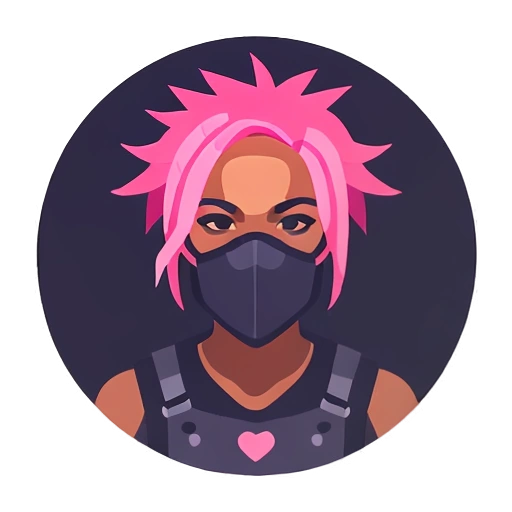TL;DR: Is it possible to define hierarchy, as a useful term for communication and association between anarchists? If so, what are some of those definitions?
There are many different strains of anarchism, and specially since anarchists mostly believe in decentralization, I feel like many of our efforts go diluted for lack of collective organization. Sure, there are big anarchist collectives doing work out there, but I have the sensation that most youth or influential people who identify themselves with anarchist causes get lost in the plot simply for lack of a bigger movement. For most of the modes of anarchism there is one big bad evil guy, commonly named “hierarchy”; although writers and academics define those terms in their publications, I can’t help but notice, at least in the forums I’ve been around, your average anarchists could be talking about two completely different concepts of hierarchy or oppression. Maybe if we had agreed upon definitions to those hot topics it would be easier to associate. Is that even possible? That we all agree on the same meaning for a word? Do we call Chomsky to solve this linguistical issue?
Or am I completely wrong in my questionings?


All you said is valid, none of it answers my question. Except for maybe “It is tricky […]”, but that’s not much help on it’s own. Yes, it is tricky, do you think it is possible? If so, why and how? What would be a good standard definition?
I intended for this to basically be the definition, but I can try to rephrase to make it clearer.
‘Hierarchy’ is any social structure or relationship where someone has coercive power over another person, and where that coercive power is a normalized part of the structure or relationship. This normalization could be a social contract or the result of patterns of abusive behavior, it doesn’t really matter exactly how it happens. It’s just important to distinguish between coercion that happens because someone is breaking the rules and coercion that happens even when nobody is breaking any rules. It is the latter that forms a power dynamic between individuals or groups, and it is these power dynamics that hierarchies are made of.
I hope that clears things up.